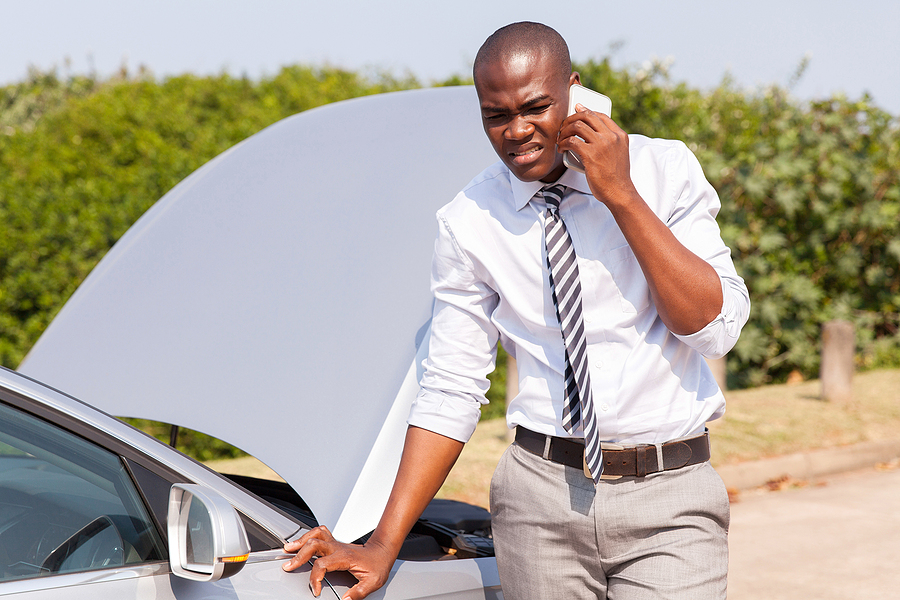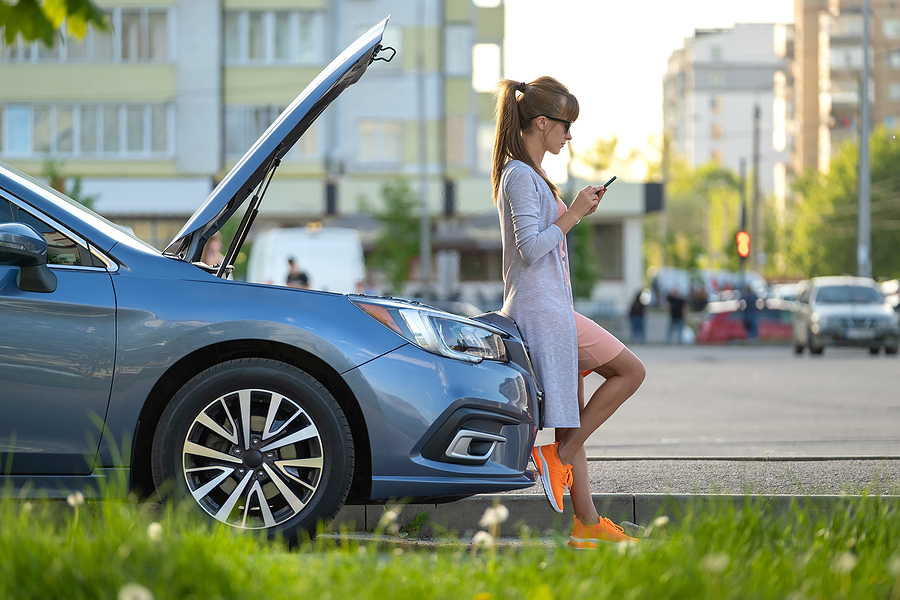When your vehicle breaks down on the side of the road, there’s nothing quite as comforting as the knowledge that help is on the way. That’s where roadside assistance services come into play. They provide a much-needed lifeline in what can often be a disorienting and stressful situation.
Whether it’s a flat tire, a dead battery, or even something more severe, having a trusted and reliable roadside assistance service is essential for drivers and vehicle owners. But with a multitude of options available, how do you ensure you’re selecting the right one? This post outlines tips to help you choose a roadside assistance service that best fits your needs – one that provides the peace of mind you deserve.

Understanding Your Roadside Emergency Needs
Not all roadside assistance plans are created equal. So understanding the needs of your vehicle and your typical driving conditions is the first step in choosing the right company. Do you frequently travel long distances? Do you usually remain within the city? Are you looking for basic services, such as fuel delivery and lockout assistance? Do you need more comprehensive coverage, such as towing or vehicle extrication?
Familiarize yourself with the various types of emergency roadside assistance services offered, from emergency services to trip interruption assistance for out-of-town breakdowns. Consider the age of your vehicle and the likelihood of mechanical issues. These considerations can guide you toward services with a stronger mechanical coverage component.
Common Types of Roadside Assistance Services:
Emergency services: These services provide immediate assistance for situations such as car accidents.
Towing: This service is essential if your vehicle cannot be repaired on the spot and needs to be towed to a nearby mechanic or dealership.
Vehicle Lock-Out: If you accidentally lock yourself out of your car, this service will send someone to help you get back in.
Flat Tire Repair: If you don’t have a spare tire or aren’t able to change it yourself, this service will send someone to assist with repairs or replacements.
Fuel delivery: If you run out of gas while on the road, this service will dispatch someone to bring you enough fuel to reach the nearest gas station.
Battery jump-start: A common issue for many drivers, a dead battery can be easily resolved with this roadside assistance service.
Vehicle extrication: If your vehicle gets stuck in mud, snow, or any other situation where it cannot move, this service will help get you out.
Trip interruption assistance: For longer road trips, this service provides coverage for expenses such as hotel stays and car rentals if your vehicle breaks down far from home.
Emergency Roadside Factors to Consider
Coverage Area
Making an informed decision about your chosen roadside assistance provider involves weighing several factors. Coverage areas play a crucial role, as some services may be limited to certain states or regions.
Response Time
Equally vital is response time. After all, the quicker help arrives, the sooner you can get back on the road. Verify the service provider’s average response time. Then consider any fine print that could affect this, such as high-traffic areas or certain times of the day.
Costs and Fees
Cost is, of course, a major factor. Compare membership fees and service charges against the services offered. This will ensure you’re getting a good deal. Take into account any extra benefits, too. This may include travel discounts, and member perks, which could sway the value proposition in one provider’s favor.
Reviews and Recommendations
Word of mouth can be incredibly valuable when selecting a roadside assistance service. Online reviews, as well as personal recommendations from friends and family, can paint a clear picture of the service provider’s reliability and customer satisfaction. Look for consistent positive feedback on the speed and quality of assistance.
Customer Support
Be wary of any red flags of subpar service that may indicate an unreliable provider. Remember, the customer service you receive when signing up can often be the same you receive in an emergency. So, gauge the company’s general level of attentiveness and helpfulness through interactions during the evaluation process.
Technology in Roadside Assistance
The adoption of technology in the roadside assistance industry has opened up new levels of convenience and speed. Many modern assistance services offer mobile apps that allow you to request help and track the provider’s location in real time. This can drastically reduce response times and provide you with a clear ETA. This eases some of the stress often associated with breakdowns. Look for services that invest in user-friendly apps or offer online portals that enable easy contact and service tracking. Services with GPS-enabled vehicles can also streamline the process, dispatching the nearest available assistance provider to your location.
Conclusion
Roadside assistance is not something to choose haphazardly. The right service can be a saving grace in an emergency, and the wrong one can compound an already frustrating situation. By carefully considering your needs, understanding the services on offer, evaluating provider reputation, and leveraging the right technological tools, you can pick a roadside assistance service that guarantees reliability and rapid response when you need it most.
Remember, the goal of choosing a service is to enjoy the peace of mind that comes with knowing help is always within reach. Invest the time to make this important decision and ensure that your travels are as secure as they are carefree.
Are you looking for emergency accident clearance services you can trust AND afford? Contact Zore’s Towing for 24 hour roadside assistance and tow truck service in Indianapolis and its surrounding counties. We provide towing, recovery, equipment transport, car lockout service, flat tire service, jump starts, refueling, and more!
Related Posts:
Why Emergency Roadside Assistance is Essential for Every Driver
Understanding the Basics: What to Expect from Roadside Assistance Service
What to Do When Your Car Breaks Down: A Guide for Drivers

